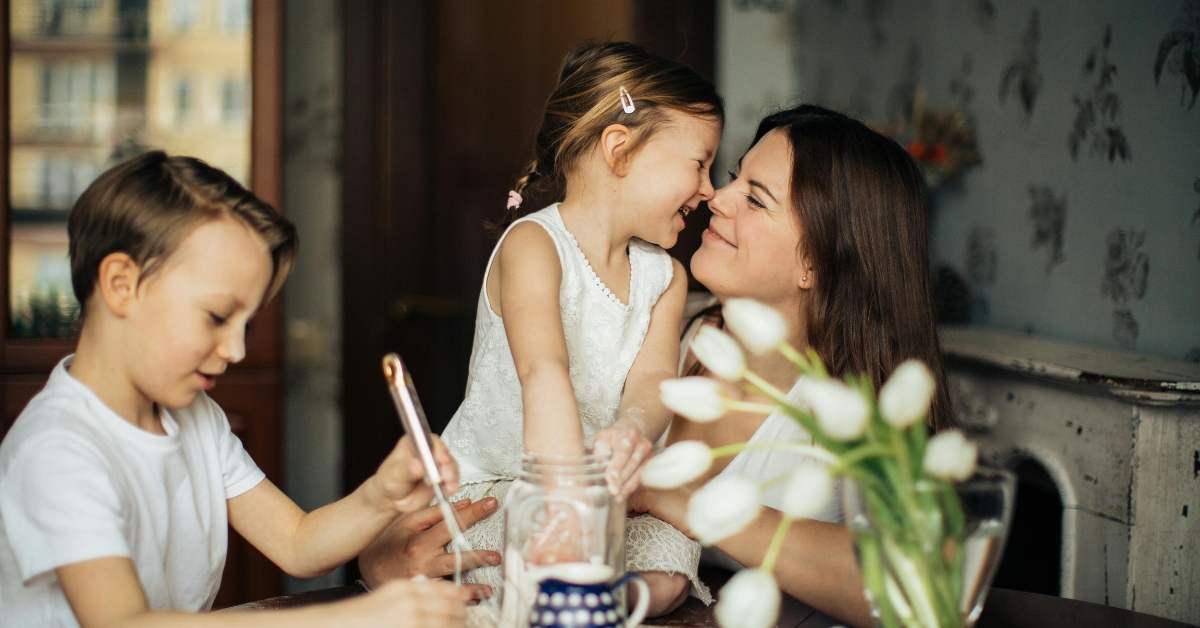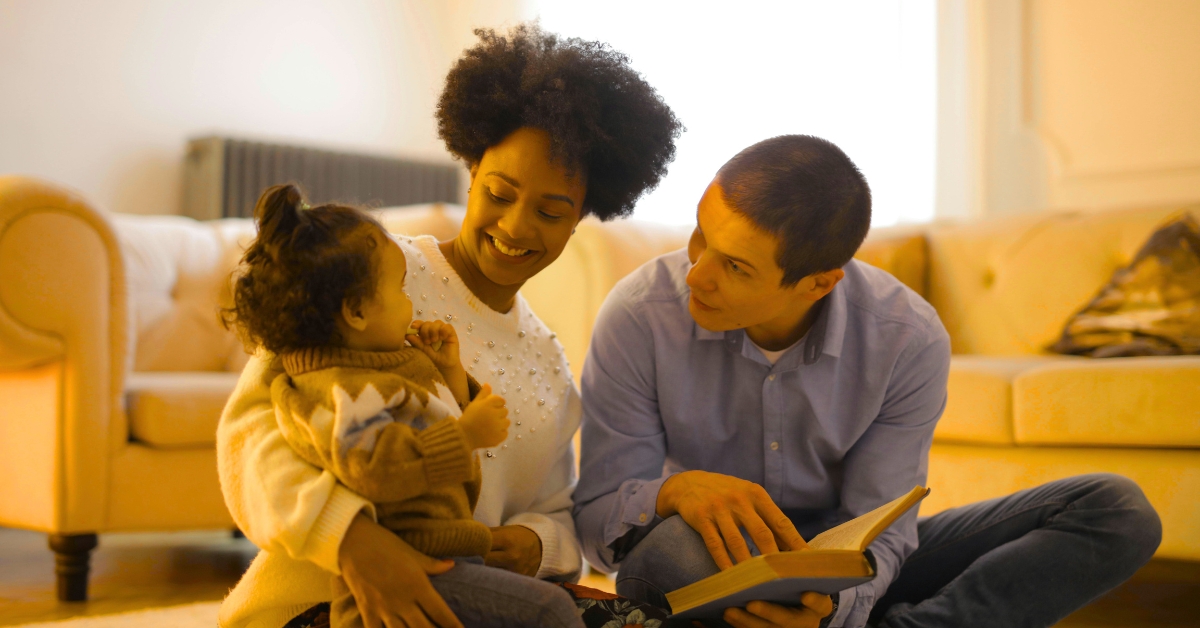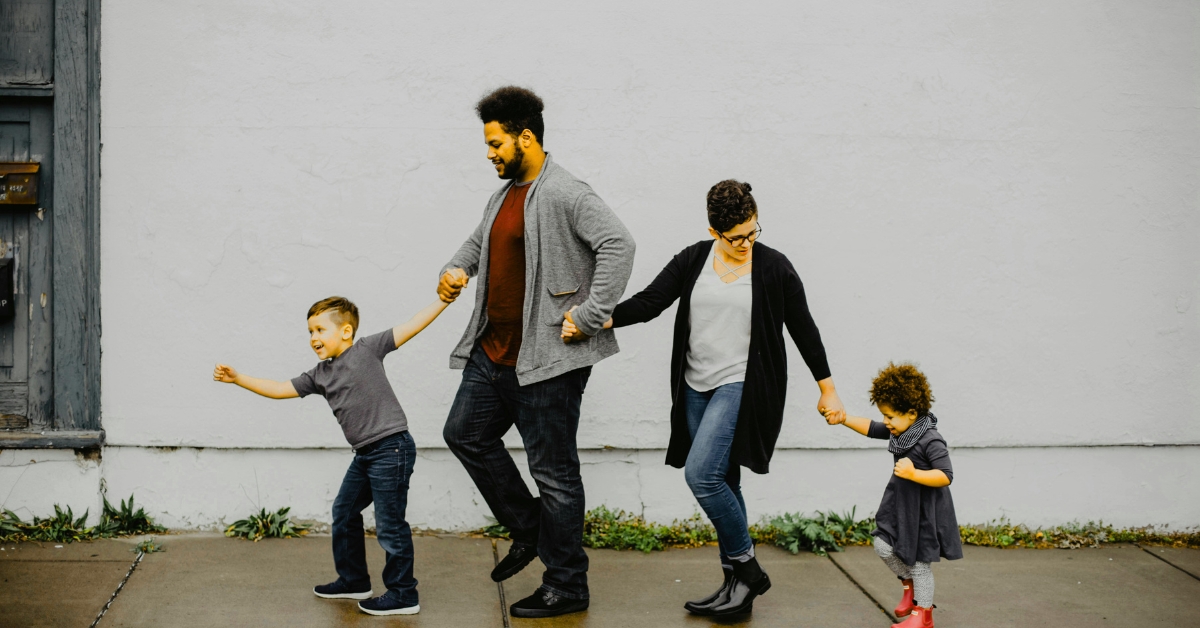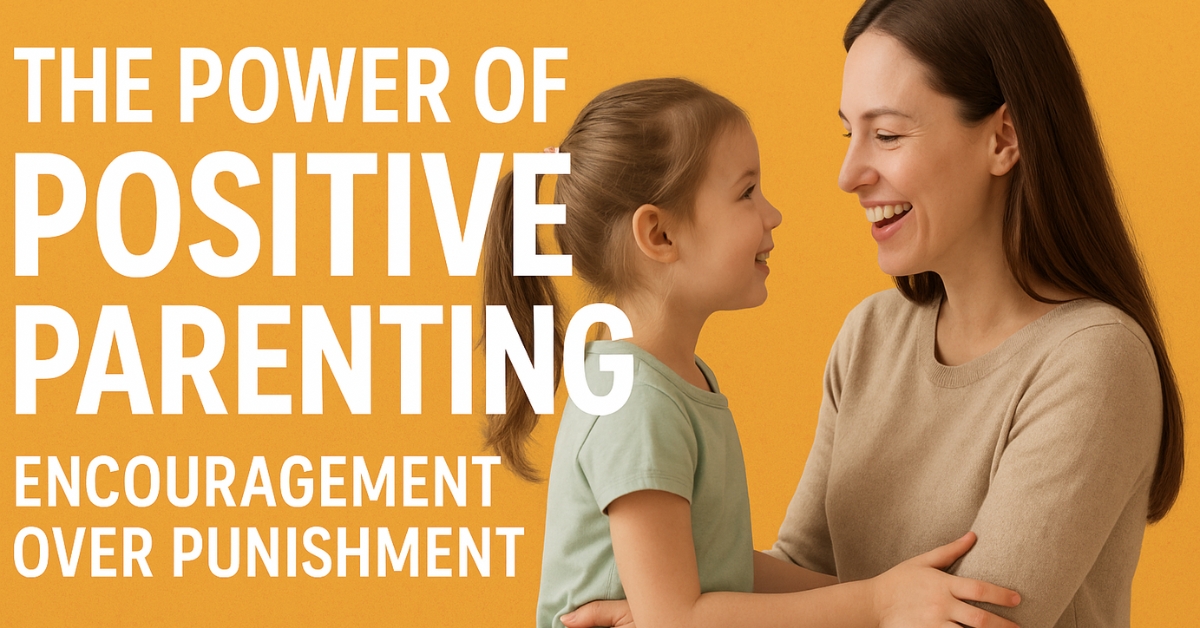Introduction: Parenting in the Modern World
Parenting is both beautiful and exhausting. Every parent has moments of joy—watching their child learn something new, laugh wholeheartedly, or show kindness. But parenting also comes with struggles: exhaustion, frustration, and mistakes.
Picture this: It’s Sunday evening, you’re overwhelmed with work stress and household tasks. Dinner is ready, but your child frowns and says, “Chicken again? Disgusting.” You snap, yell in frustration, and instantly feel guilty. Your child storms off, slamming the door.
Sound familiar? If you’ve been there, you’re not alone.
The truth is, there is no such thing as a perfect parent. Mistakes are inevitable. What matters is what we do after the mistake—and that’s where positive parenting comes in.
This article explores:
What is positive parenting?
Why is it important?
What are positive parenting skills and strategies?
How can repair transform relationships?
Real-life examples, FAQs, and long-term benefits.
Let’s dive in.
What Is Positive Parenting?
Positive parenting is an approach that focuses on encouragement over punishment. It’s about guiding, not controlling—teaching, not shaming.
Instead of using fear, threats, or harsh discipline, positive parenting emphasizes:
- Respect and empathy
- Understanding children’s emotions
- Building strong, safe relationships
- Teaching responsibility through encouragement
👉 Positive parenting definition: A parenting style that helps children develop self-confidence, emotional intelligence, and resilience by focusing on communication, empathy, and problem-solving instead of punishment.
Why Positive Parenting Is Important
Children thrive when they feel safe, loved, and respected. Traditional parenting often relies on punishments that instill fear rather than understanding. Positive parenting does the opposite—it builds trust.

Key Benefits of Positive Parenting
- Emotional Security → Children know they are loved unconditionally.
- Healthy Behavior → Kids cooperate more and misbehave less.
- Better Mental Health → Lower risks of anxiety, stress, and self-blame.
- Life Skills → Teaches empathy, responsibility, and problem-solving.
- Stronger Bonds → Parent-child relationships are built on trust, not fear.
👉 Research shows that positive parenting behaviors benefit a child’s development and well-being, shaping how they see themselves and others.
Encouragement Over Punishment
Most parents were raised with punishment—time-outs, yelling, or taking away privileges. But punishment often shuts down communication.
Encouragement, on the other hand:
- Focuses on effort, not just outcome.
- Teaches kids how to learn from mistakes.
- Builds self-worth and confidence.
- Strengthens the parent-child relationship.
For example:
- Instead of yelling “Stop being ungrateful!” → Say: “I know you don’t love chicken, but I appreciate you trying it.”
- Instead of punishing bad behavior → Teach a better way: “Instead of saying ‘that’s disgusting,’ you can say ‘not my favorite.’”
This approach shifts children from shame to growth—and that’s the heart of positive parenting.
The Power of Repair in Positive Parenting
Mistakes will happen—parents will lose their temper. But the secret lies in repair.
What Is Repair?
Repair involves returning to a moment of disconnection, taking responsibility, and demonstrating to your child that relationships can be healed.
Example:
“I’m sorry I yelled earlier. That must have felt scary. It wasn’t your fault. I’ll try to stay calm next time.”
Why Repair Works
Replaces self-blame with trust.
Models accountability and healthy communication.
Strengthens resilience in both parent and child.
Shows that love is stronger than conflict.
Step 1: Repair With Yourself
Before repairing with your child, you must repair with yourself. Parenting mistakes can trigger guilt and shame. But shame drains energy—you need self-compassion to move forward.
👉 Self-repair means separating who you are (a good parent) from what you did (lost your temper).
Tell yourself:
“I’m not proud of my behavior, but it doesn’t define me.”
“I’m a good parent who had a hard moment.”
This mindset shift turns guilt into motivation for growth.
Step: Repair With Your Child
There’s no fixed script, but an effective repair usually includes three parts:
- Name what happened
- Take responsibility
- Say what you’ll do differently next time
Example:
“I’m sorry I yelled at you about dinner. That must have felt upsetting. It wasn’t your fault. Next time, I’ll take a deep breath before responding.”
Even a short 15-second repair can change your child’s story from “I’m unlovable” to “I’m safe and cared for.”
What Not to Say: Fake Repairs
Some responses may sound like apologies but are really disguised blame:
“I’m sorry I yelled, but you shouldn’t have complained.”
“You need to be grateful, or I wouldn’t lose my temper.”
These “not-repairs” teach children that they are responsible for their parents’ emotions, which is unfair and harmful.
Positive Parenting Skills Every Parent Needs

If you’re wondering “what are positive parenting skills?”, here are the essentials:
- Empathy → Understand your child’s feelings.
- Active Listening → Listen without interrupting.
- Consistency → Create stable routines and boundaries.
- Encouragement → Celebrate effort, not just success.
- Repair → Take responsibility after mistakes.
Practicing these skills daily transforms family life.
Positive Parenting Strategies You Can Start Today
Here are practical positive parenting strategies to try:
Connect before you correct → Acknowledge emotions before setting limits.
Offer choices → Give small decisions to build independence.
Pause before reacting → Take a deep breath before responding.
Model behavior → Show respect and self-control.
Teach problem-solving → Guide kids to find better solutions.
Is It Too Late for Positive Parenting?
Many parents worry: “My child is older—have I missed my chance?”
The answer: It’s never too late.
Imagine receiving a call from your own parent saying:
“I know some moments in your childhood were painful. They weren’t your fault. I wish I had done better. I love you, and I’m here to listen.”
Wouldn’t that heal something inside you—even as an adult?
If repair can impact us so deeply, imagine the impact on your child—whose story is still unfolding.
Teaching Through Repair
Repair doesn’t just heal—it creates opportunities for teaching.
Example: After repairing about dinner, you might say:
“Next time you don’t like something, you can say ‘not my favorite’ instead of ‘disgusting.’”
Now you’ve not only repaired but also taught your child communication and emotional regulation skills.
How Positive Parenting Shapes Adulthood

When children grow up with positive parenting, they:
- Don’t spiral into self-blame when they make mistakes.
- Take responsibility for their actions without shame.
- Build healthier relationships as adults.
- Become more resilient in the face of challenges.
👉 Repairing today shapes your child’s future emotional health and relationships.
FAQs About Positive Parenting
Q1: What is positive parenting in simple words?
Positive parenting is guiding children with love, empathy, and respect instead of punishment or fear.
Q2: What are positive parenting practices?
Examples include encouragement, repair after mistakes, teaching problem-solving, setting consistent boundaries, and modeling good behavior.
Q3: How do I start practicing positive parenting?
Begin small: pause before reacting, connect emotionally with your child, and focus on repair when conflicts happen.
Q4: Why is positive parenting better than punishment?
Punishment creates fear and distance. Positive parenting creates trust, resilience, and long-term cooperation.
Q5: Is it too late to switch to positive parenting?
No—it’s never too late. Repair and connection are powerful at any age.
Final Thoughts: Positive Parenting Is a Journey
Parenting is not about being perfect. It’s about being present, consistent, and willing to repair.
Positive parenting teaches us to replace punishment with encouragement, fear with trust, and blame with repair. Every mistake is a chance to reconnect and model resilience.
So next time things don’t go perfectly, remember: rupture is part of the process. What matters most is the repair that follows. That’s the real power of encouragement over punishment.




